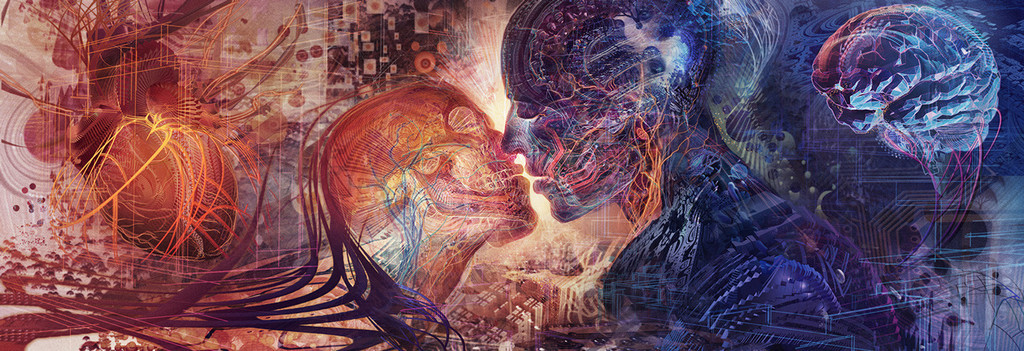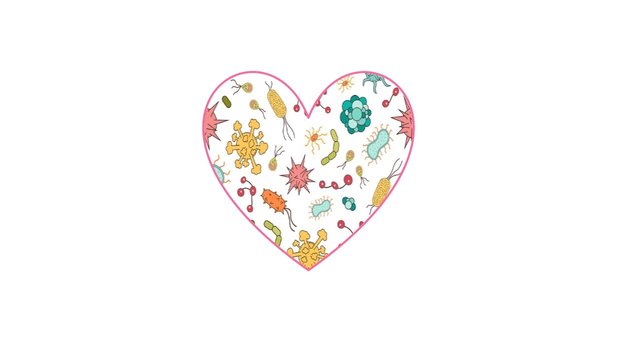Are You Attracted To Them? Or Are You Attracted To Their Gut?

The human body is home to 100 trillion microbes, known collectively as the microbiome. These microbes in our body, most of which reside in our gut, affect our health and outlook in a myriad of ways.
'The gut microbiome is a vast ecosystem of organisms such as bacteria, yeasts, fungi, viruses and protozoans that live in our digestive pipes, which collectively weigh up to 2kg (heavier than the average brain). It is increasingly treated by scientists as an organ in its own right. Each gut contains about 100tn bacteria, many of which are vital, breaking down food and toxins, making vitamins and training our immune systems.' (Outside Source)
Microbes can also have a direct effect on human sexual attraction. Kissing partners tend to have similar microbes in their mouth; similar mouth microbes are drawn to one another. (Fun fact - a 10 second kiss can transfer up to millions of bacteria.) And the more you kiss - the more alike your oral microbial content will be.
Sexual attraction can also be based up the status of your immune system - so you gravitate towards those who have a complimentary immune makeup. This is based on the body's underlying, unconscious decision to continue on their immunity capability potential in future offspring.
On the flip side, however, other studies have shown that people often choose partners who have an different immune system makeup. A 1995 study had male students wear the same shirt for two days, without deodorant (which can completely throw off your natural odour) and then asked female students to smell them and rate the odours of the shirts. The women chose shirts from men who's immune systems were most different from their own. This would imply we choose our prospective partners with different system may enhance the immune system strength of future children.
This may also explain change in attraction and chosen partners over the course of someone's life; especially if they make some big life changes, including diet, to create a new microbiome.
